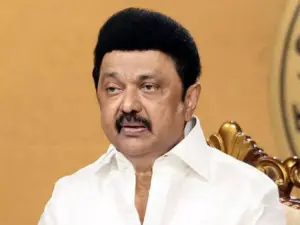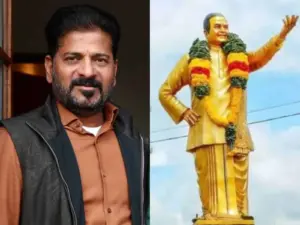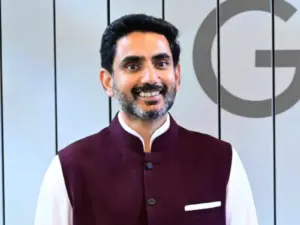If anger could melt ice, Mount Everest would be standing bare and brown today — so angry are the people of Nepal with India. The four-month-old blockade of its border with India has pushed the erstwhile Himalayan kingdom back to the dark ages, with the acute shortage of fuel, cooking gas and other essential supplies crippling daily life; and its citizens, still recovering from two earthquakes and facing a harsh winter, unequivocally blame the manmade crisis on the government of India.
The blockade was imposed by the ethnic Madhesis inhabiting the southern plains of the country, who believe that the new constitution, adopted on September 20, does not give them fair representation in Parliament. And the layman in Kathmandu is convinced that the Madhesis have the backing of India, even though India denies having any role in their strike. “Whether children will go to school depends on whether the van will come to pick them. Whether the van will come to pick them depends on whether it has got diesel. Things have suddenly become so uncertain,” said Meena Adhikari, a homemaker living in Lalitpur.
“We have weathered many crises in the past — earthquakes, strikes called by the Maoists, the massacre of the royal family. But nothing this bad, nothing. This is the worst time for Nepal,” she said. Meena, incidentally, is headed for Chennai next week — for a pilgrimage tour of south India, tickets for which were booked online well before the blockade began. “Only yesterday, when my five-year-old niece came to know about our trip, she said, ‘Aunty, but why are you going to India? They are humiliating us.’ I asked her how did she know that, and she said that’s what they discuss in school these days,” she said.
If someone is happy in Nepal these days, it is the black marketeers. Petrol, which sold for 104 Nepali rupees for a litre, now sells for 500. An LPG cylinder, which cost 1435 rupees in normal times, now comes for 10,000 — if at all it is available in the black market. As a result, taxis have doubled their fares, prices of essential commodities have shot up, and meals — from kitchens in large institutions to humble homes — are being cooked on firewood. “The blockade has taken us 50 years back in time. It has caused far more suffering than the earthquake,” said Dev Dangi, a manager at the Kathmandu Guest House, one of Nepal’s better known hotels, which has seen a 35 percent dip in its occupancy this winter compared to last year.
The hotel has cut down on its menu, as have other hotels and restaurants, while many small eateries have shut, because cooking has gone back to its primitive ways — a painful process conducted over open fire. Many in Kathmandu called the shortened menu as ‘Modi-fied menu’, such is the hatred today against the man who had won the hearts of the Nepalese when he visited the country shortly after he took over as the Prime Minister of India.
At ten o’ clock on Christmas morning, I met Nirjana Sharma, a reporter with the Kathmandu-based daily Republica, at the Bir Hospital, Nepal’s oldest and one of the biggest hospitals. There, she led me to an open area next to the kitchen — the kitchen is under renovation after being damaged in the April earthquake — where, over two open fires, food was being prepared for its 300 patients.
Recent Random Post:

















